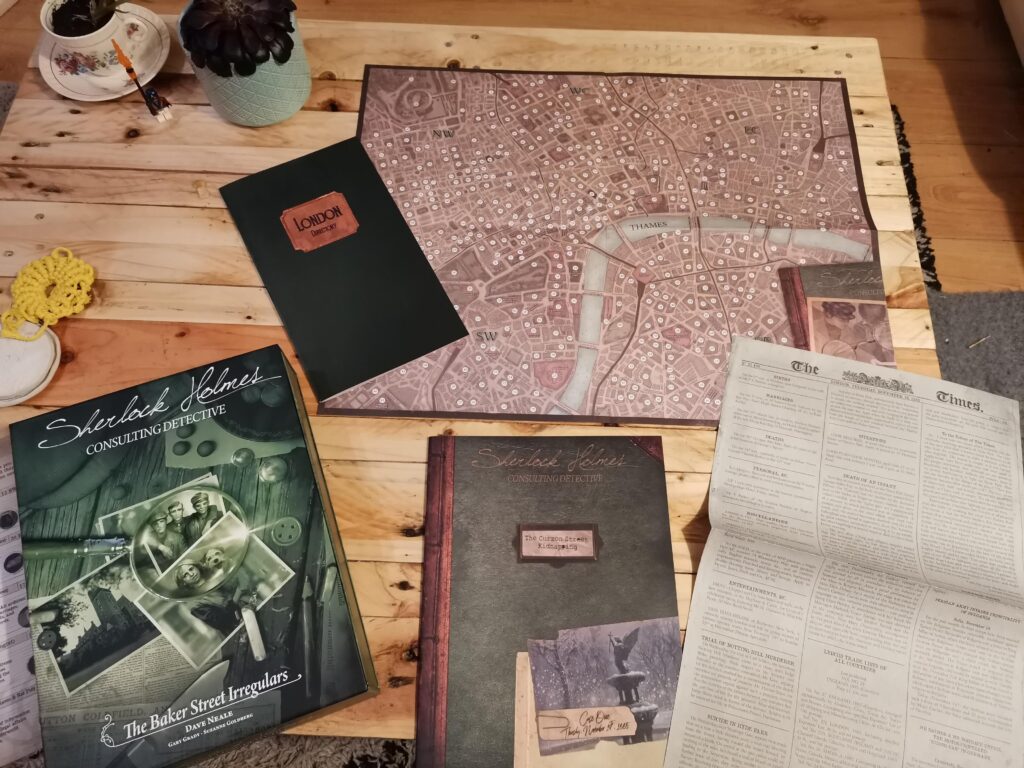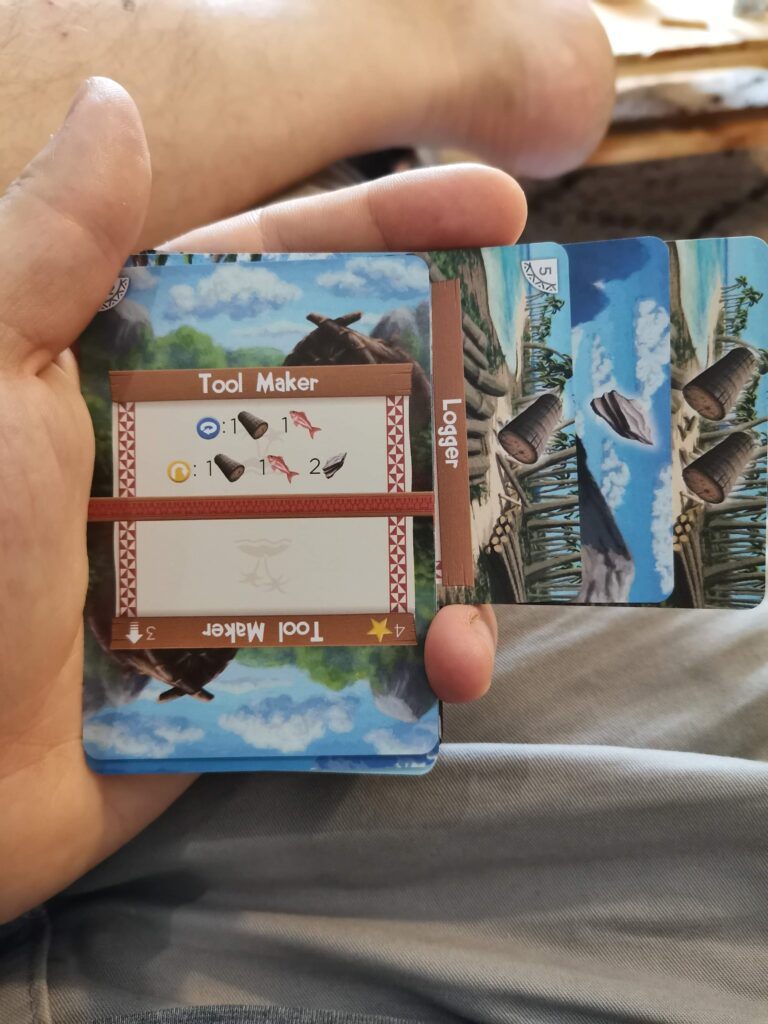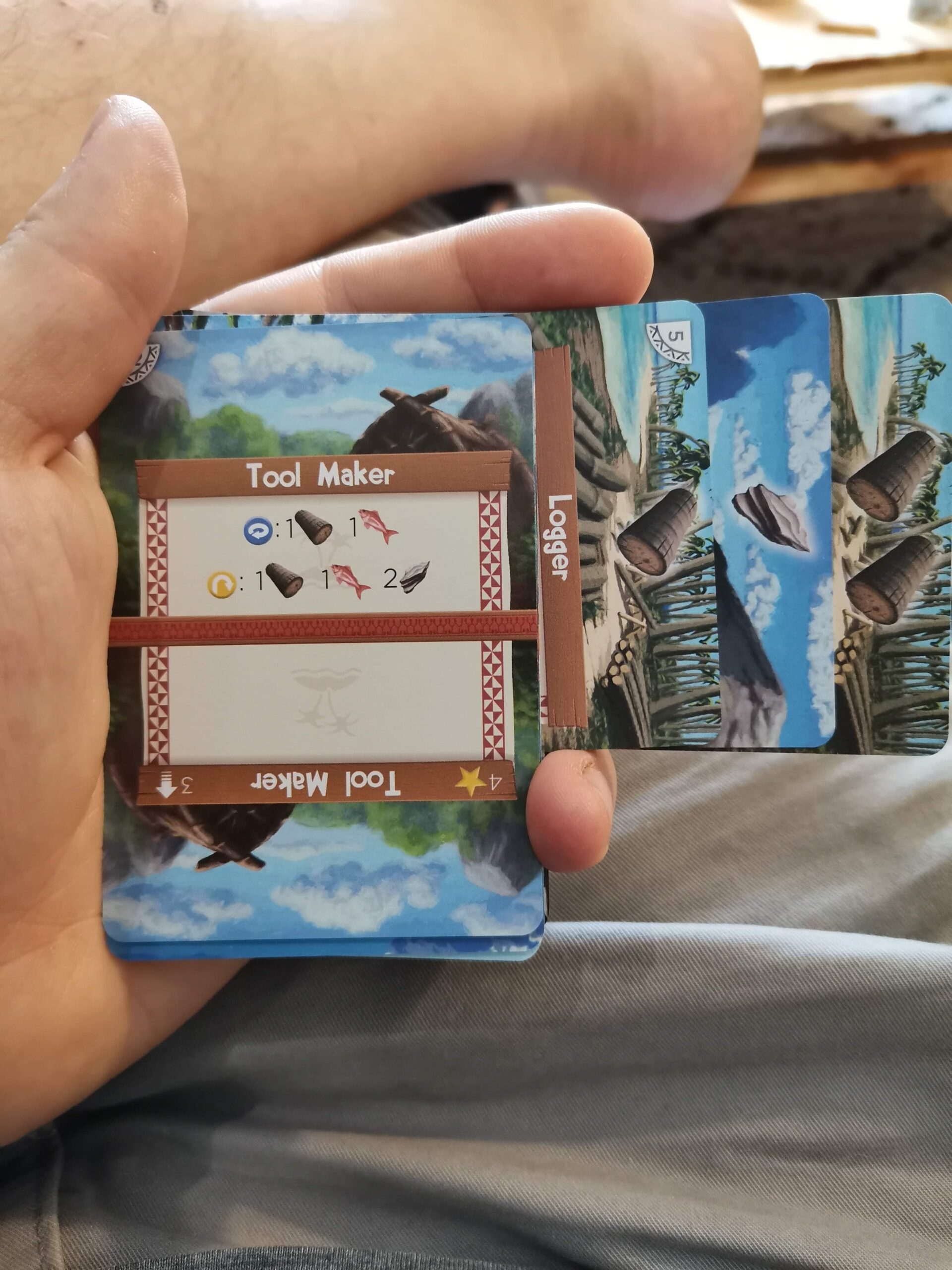It’s my first personal reflection on this site, but it’s something that really struck me after playing a game this morning, so I wanted to take the time to write about it.
Playing Games for Mental Health Benefits
I’ve suffered with depression for a long while now. I don’t have it as bad as a lot of people, but when I get a bad spell, it’s really bad. The way it manifests itself for me is with these spirals. Something, usually something negative, will spiral around and around in my mind. I can’t think about anything else, and the more I think about whatever it is, the worse I feel. For me to feel better when things get that way, I need to break that cycle, but as anyone who’s had the same thing knows, that’s much easier said than done. You can’t focus, and because you’re just not getting that serotonin in the same way any more, you don’t enjoy things the same way. You don’t want to put on some music, or watch a film, or see friends. It’s horrible.
So what’s all that got to do with board games? Well since lockdown began, I’ve been extra mindful of my mental health. I knew the situation could certainly trigger a bad bout if I wasn’t careful, so I took steps. Literally at first, I made sure I got out and walked whenever I could, I started riding my bike again, as I know from experience they help. But what about the rest of the time when I’m inside? I can play video games, sure, but my attention wavers and I lose interest, and by the time my son gets to sleep, I don’t want to sit at a desk using the same computer I’ve been working at for eight hours already that day. So I went back to my board games.

When I initially got into the hobby in 2010-ish, I really got into it. I researched, I bought, and I played. When my son was born eight years ago, my games went onto shelves and stayed there, thanks to work and parental commitments, they just kind of stayed there. When lockdown began I got them back out and started to look at what I could play, with one eye on solo play. My other half isn’t really into games at all, so if I want to play something then 99% of the time it’s by myself. I’ve bolstered my collection with some great solo games in the last five months, and that’s where my opening sentence comes back into focus.
When I play a game, I invest in it. My focus is solely on the game. I’m thinking, planning, following a story, working on a strategy – whatever I’m doing in the game, it’s all I’m thinking about. That’s so important as it gives your brain a break. For that time you’re not drowning in negative thoughts, you’re actually breaking that cycle. Mindfulness gets a lot of press lately, being mentally present in the here and now, and while this isn’t necessarily the same thing, it does go some way towards those ends. All of your concentration is on the few square feet of table in front of you, or even just the cards in your hand, but the point is that your point of focus isn’t internal any more.

I appreciate that this is all very personal, and what’s true for one person (me), isn’t necessarily true for others (you). When I pack a game away I feel refreshed, even after a very thinky game. Sometimes the game even sticks with me afterwards for hours and creeps into my thoughts, which is a welcome interruption. I’m very thankful to this rewarding, inclusive hobby, and by and large the people who share that passion with me. I’ve met some really wonderful people, if only virtually. I’ve had designers reach out and thank me for kind words I’ve written. Most importantly, it’s kept me sane, and made sure my brain gets the break it needs from obsessing over anything and everything a few times a week.
Important Note
If you believe you’re having trouble with your own mental health, please reach out and get some help. Your local GP/doctor can help, and here in the UK there are some great resources, such as this page from the NHS.
